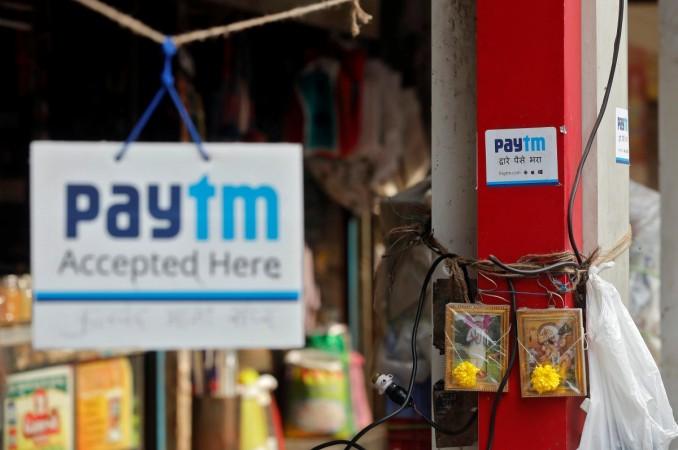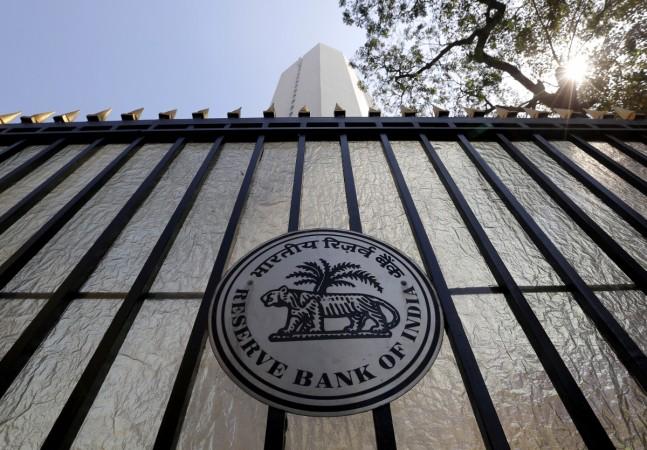
Paytm Payments Bank Ltd. (PPBL) will commence operations as a banking entity on May 23, becoming the third payments bank to do so after Airtel and India Post. The final licence to its founder and CEO Vijay Shekhar Sharma was issued by the Reserve Bank of India (RBI) in August 2015 along with 11 entities, three of which — Tech Mahindra, Cholamandalam Finance and Dilip Shanghvi-IDFC Bank-Telenor JV — subsequently dropped out.
In accordance with RBI guidelines, Paytm will transfer its mobile wallet operations to PPBL.
The public notice about the development was issued by Paytm and had updates for existing customers of Paytm.
"Your current Paytm Wallet will now move to the Paytm Payments Bank," the notice said.
Customers also have the option to discontinue availing of the services. "If you choose not to enjoy the benefits of Paytm Wallet, please email at help@paytm.com or login to paytm.com/care to notify your choice of opting out and redeeming your balance by one time transfer to your bank account," the notice added.
For those who have not done any transactions on their Paytm Wallet in the past six months, the transfer will happen only if the customer consents to the same.
The RBI had come out with the first set of guidelines for payments in November 2014, along with the rationale. "The objectives of setting up of payments banks will be to further financial inclusion by providing (i) small savings accounts and (ii) payments/remittance services to migrant labour workforce, low income households, small businesses, other unorganised sector entities and other users."
Among other things, payments can accept savings and current deposits from individuals and small businesses up to Rs 1 lakh, and are allowed to issue debit cards but not credit cards and cannot undertake lending activities.
The minimum paid-up equity capital for payments banks is Rs 100 crore.


















